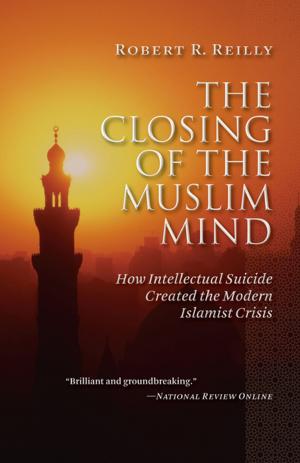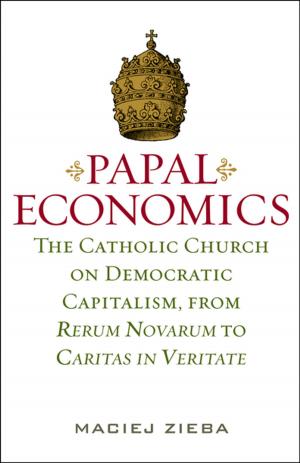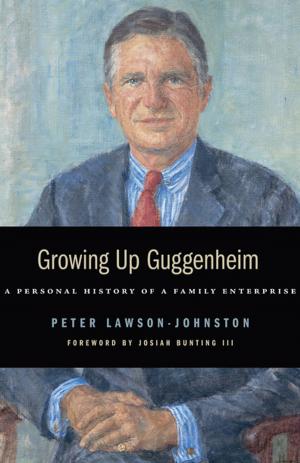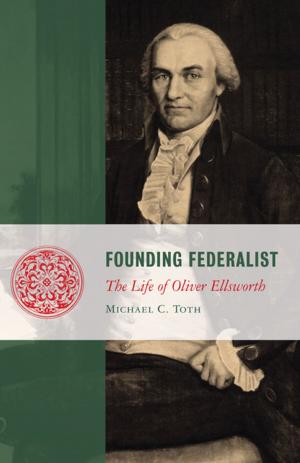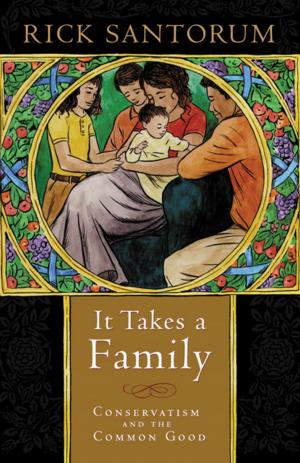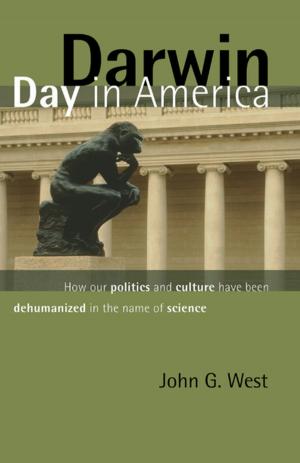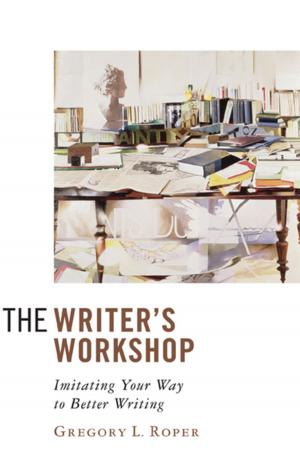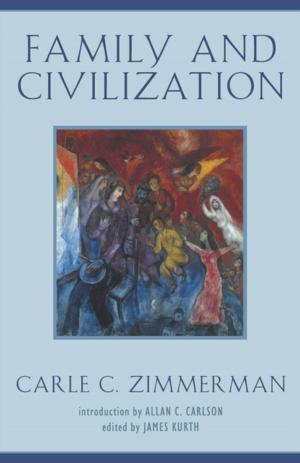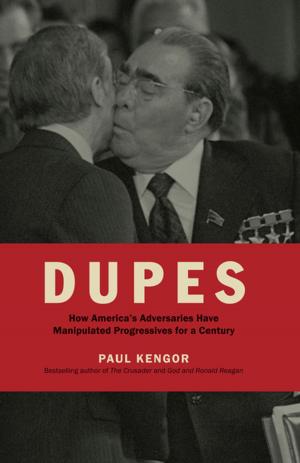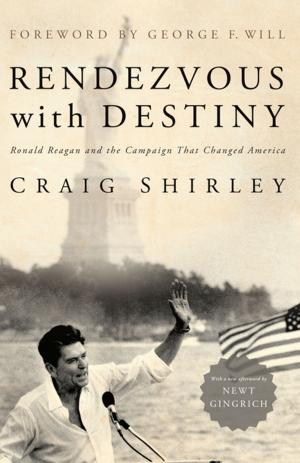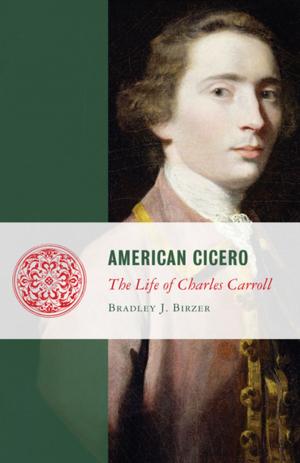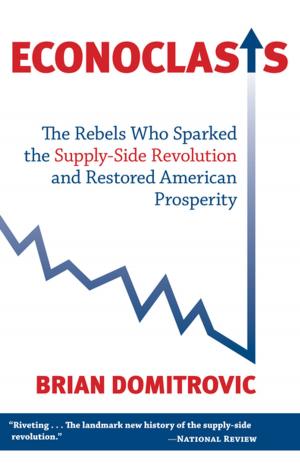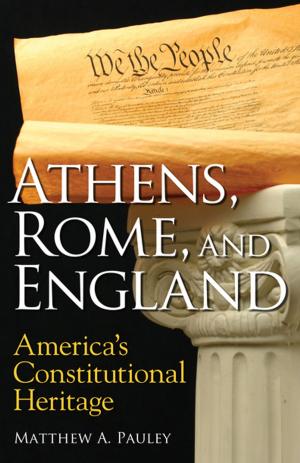The War for Righteousness
Progressive Christianity, the Great War, and the Rise of the Messianic Nation
Nonfiction, History, Americas, United States| Author: | Richard M. Gamble | ISBN: | 9781497646797 |
| Publisher: | Intercollegiate Studies Institute (ORD) | Publication: | May 6, 2014 |
| Imprint: | Intercollegiate Studies Institute | Language: | English |
| Author: | Richard M. Gamble |
| ISBN: | 9781497646797 |
| Publisher: | Intercollegiate Studies Institute (ORD) |
| Publication: | May 6, 2014 |
| Imprint: | Intercollegiate Studies Institute |
| Language: | English |
*“They died to save their country and they only saved the world.” *
This line, the final one in G. K. Chesterton’s poem “The English Graves,” serves for Richard M. Gamble as an interpretive key to a peculiarly important moment in American history: the time of the First World War, when progressive Christian leaders in America transformed themselves from principled pacifists to crusading interventionists. The consequence of this momentous shift, says Gamble, was the triumph of the idea that America has been destined by divine Providence to bring salvation to the less enlightened nations of the world.
In The War for Righteousness, Gamble reconstructs the inner world of the social gospel clergy, tracing the evolution of the clergy’s interventionist ideology from its roots in earlier efforts to promote a modern, activist Christianity. He shows how these clergy eventually came to see their task as world evangelization for the new creed of democracy and internationalism, and ultimately for the redemption of civilization itself through the agency of total war. World War I thus became a transcendent moment of fulfillment. In the eyes of the progressive clergy, the years from 1914 to 1918 presented an unprecedented opportunity to achieve their vision of a world transformed—the ancient dream of a universal and everlasting kingdom of peace, justice, and righteousness. American sacrifice was necessary not only to save the country, but to save the entire world.
Vividly narrating how the progressive clergy played a surprising role in molding the public consensus in favor of total war, Gamble engages the broader question of religion’s role in shaping the modern American mind and the development, at the deepest levels, of the logic of messianic interventionism both at home and abroad. This timely book not only fills a significant gap in our collective memory of the Great War, it also helps demonstrate how and why that war heralded the advent of a different American self-understanding.
*“They died to save their country and they only saved the world.” *
This line, the final one in G. K. Chesterton’s poem “The English Graves,” serves for Richard M. Gamble as an interpretive key to a peculiarly important moment in American history: the time of the First World War, when progressive Christian leaders in America transformed themselves from principled pacifists to crusading interventionists. The consequence of this momentous shift, says Gamble, was the triumph of the idea that America has been destined by divine Providence to bring salvation to the less enlightened nations of the world.
In The War for Righteousness, Gamble reconstructs the inner world of the social gospel clergy, tracing the evolution of the clergy’s interventionist ideology from its roots in earlier efforts to promote a modern, activist Christianity. He shows how these clergy eventually came to see their task as world evangelization for the new creed of democracy and internationalism, and ultimately for the redemption of civilization itself through the agency of total war. World War I thus became a transcendent moment of fulfillment. In the eyes of the progressive clergy, the years from 1914 to 1918 presented an unprecedented opportunity to achieve their vision of a world transformed—the ancient dream of a universal and everlasting kingdom of peace, justice, and righteousness. American sacrifice was necessary not only to save the country, but to save the entire world.
Vividly narrating how the progressive clergy played a surprising role in molding the public consensus in favor of total war, Gamble engages the broader question of religion’s role in shaping the modern American mind and the development, at the deepest levels, of the logic of messianic interventionism both at home and abroad. This timely book not only fills a significant gap in our collective memory of the Great War, it also helps demonstrate how and why that war heralded the advent of a different American self-understanding.

